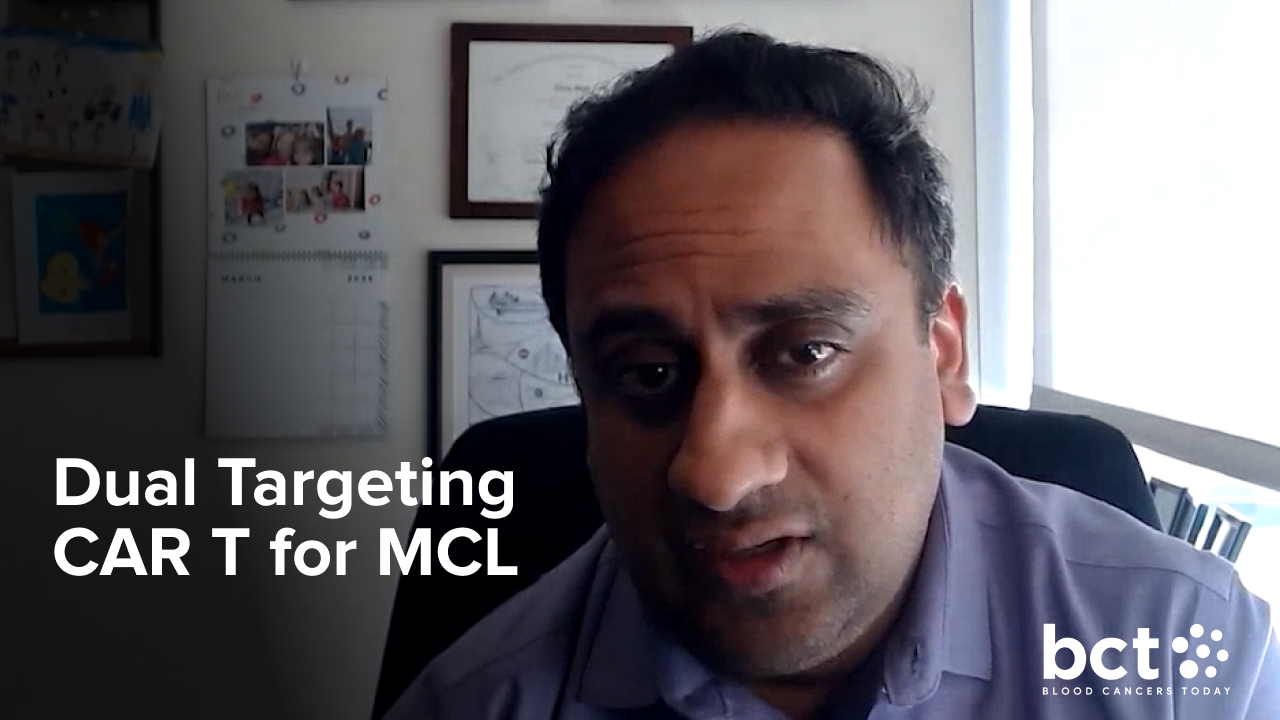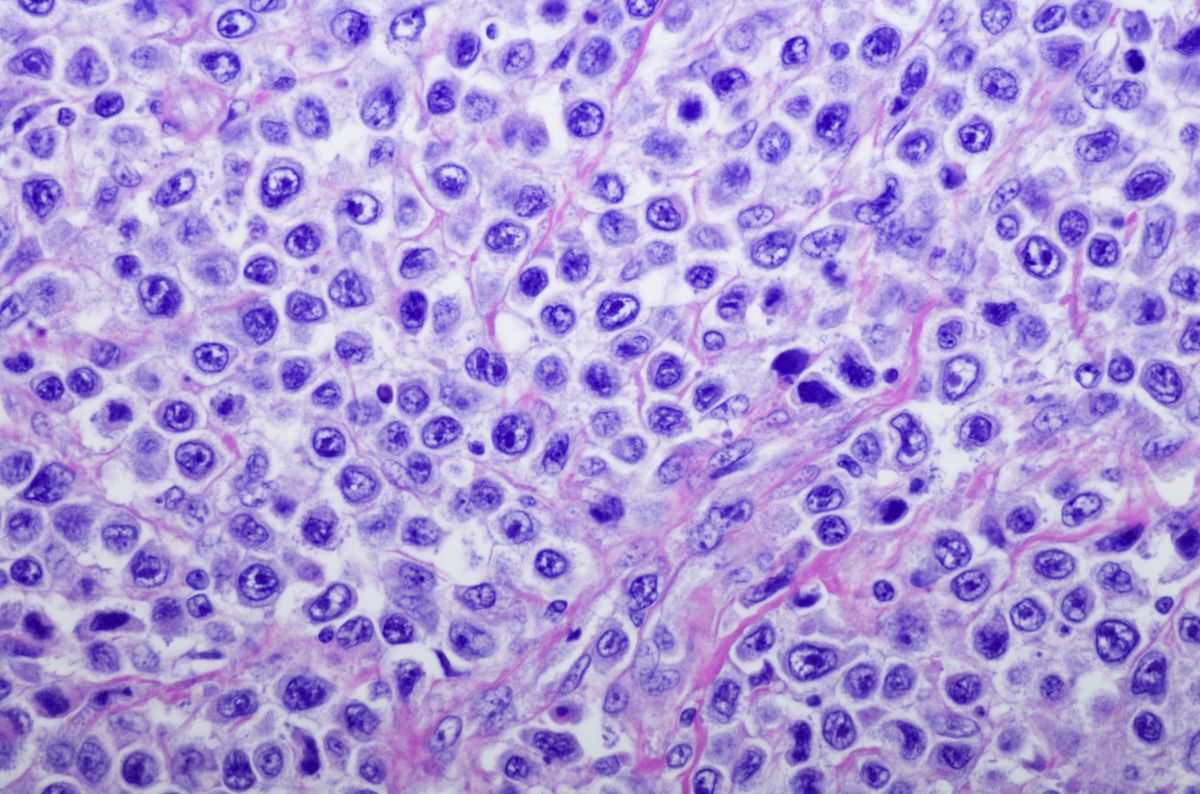
Rituximab maintenance is a “safe standard of care” in young patients with mantle cell lymphoma (MCL), according to the first long-term analysis of the LYMA trial.
Clémentine Sarkozy, MD, PhD, of the Institut Curie Saint Cloud in France and colleagues conducted the analysis and presented their results during the 2023 American Society of Clinical Oncology Annual Meeting.
The phase III LYMA trial previously “demonstrated the efficacy” and safety of rituximab maintenance after frontline autologous hematopoietic stem cell transplant in young patients with MCL, according to Dr. Sarkozy and colleagues.
The LYMA trial included 299 patients, 240 of whom were randomized to receive three years of rituximab maintenance therapy (n=120) or observation (n=120). The study’s primary endpoint was the three-year event-free survival (EFS) rate.
At a median follow-up of seven years, the median EFS and progression-free survival (PFS) “were still statistically superior in favor” of rituximab maintenance over observation (EFS, not reached vs 5.8 years, respectively; PFS, not reached vs 6.1 years, respectively).
The estimated seven-year EFS rate was 76.7% in patients receiving rituximab maintenance and was 46% in those undergoing observation. The seven-year estimated PFS rate was 78.5% in those receiving maintenance and was 47.4% in those undergoing observation (P<.0001).
The estimated seven-year overall survival (OS) rate was 83.2% in those receiving rituximab maintenance and was 72.2% in those undergoing observation. More than one-quarter (27.5%) of patients in the observation arm died, while 18.3% of those receiving maintenance died.
The causes of death “were not significantly distinct between” the groups, according to the study’s authors. Lymphoma, which was the cause of death in 50% of patients in each group, was the “leading cause” of death, Dr. Sarkozy and colleagues wrote. Less than 10% of deaths were related to infections.
Ending maintenance was “not associated with an increase in the relapse incidence,” according to the study’s authors, as 81% of the progressions in the maintenance arm “occurred during the theoretical three years” of maintenance and only 19% occurred after the end of maintenance.
Furthermore, 60% of the progressions and relapses in the observation arm occurred during the “theoretical three years of maintenance,” while 40% occurred after that three-year period.
There were no differences in salvage treatments received by patients receiving maintenance and those who were undergoing observation.
However, OS after relapse was “significantly impacted” by previous rituximab maintenance, according to the study’s authors. The median OS after relapse was 1.1 years for the 21 patients in the maintenance arm who relapsed, while it was 4.6 years for the 53 patients in the observation arm who relapsed.
“Given the timing of relapses in [rituximab maintenance] arm, this reflects the aggressiveness of early disease progression during [rituximab maintenance],” Dr. Sarkozy and colleagues wrote.
Based on this data, patients who relapsed during rituximab maintenance “have a particularly poor outcome and represent an unmet medical need,” according to the study’s authors.
However, the maintenance strategy improved certain outcomes over observation.
“The [benefit] in favor of [rituximab maintenance] in term of EFS (the primary objective), PFS remains after seven years of [follow-up], but not in OS,” Dr. Sarkozy and colleagues concluded. “The end of [rituximab maintenance] was not associated with an increase in relapse rate. [Rituximab maintenance] was not associated with an increase in infectious related mortality, making this strategy a safe standard of care with long-term [follow-up].”
Reference
Sarkozy C, Thieblemont C, Oberic L, et al. Very long-term follow-up of rituximab maintenance in young patients with mantle cell lymphoma included in the LYMA trial, a LYSA study. Abstract #7508. Presented at the 2023 American Society of Clinical Oncology Annual Meeting; June 2-6, 2023; Chicago, Illinois.






 © 2025 Mashup Media, LLC, a Formedics Property. All Rights Reserved.
© 2025 Mashup Media, LLC, a Formedics Property. All Rights Reserved.